Desperate times call for desperate measures. With the world’s opera houses currently dark, the New York Metropolitan Opera tackled the crisis the way it knows best — by assembling the most glamorous possible list of vocal megastars and presenting them at astronomical expense. But dollars can’t get around social distancing, and in lockdown even the greatest voice is only as good as the mic on a smartphone. Cue four hours of free-to-view party pieces from 43 of the world’s greatest singers, broadcast live from their homes without orchestra, without editing and without excuses.
So the credits rolled with all the bombast familiar from the Met’s cinema relays, and it was over to Peter Mattei, live from his summer house in the Stockholm archipelago, singing Don Giovanni’s serenade with the camera jammed at a wonky angle and what looked like a dog (but might have been a cushion) snoozing on the floor behind him. The format, unsurprisingly, had the air of Eurovision — ‘And now, over to René Pape in Berlin.’ Between segments, the Met’s wraith-like general manager Peter Gelb acted as anchor, and for a man with the screen presence of Voldemort, he did okay.
It was endearingly low-res, though it felt at times that what Gelb called the ‘gods of the internet’ were taking a malicious pleasure in cutting the sound for a second just as a singer was phrasing off a pianissimo ending. For all the technical prowess involved in switching from Manhattan to Moscow to Tbilisi to Paris, the words of another great singer came to mind: it costs a lot of money to look this cheap. But there’s no arguing with the Met’s address book. Renée Fleming, Joseph Calleja, Sonya Yoncheva, Piotr Beczala and Elina Garanca all took their turn, some singing to tinny pre-recorded backing tracks, others accompanied by a tame domestic pianist. (Bryn Terfel had the foresight to marry the harpist Hannah Stone: problem solved.)
They’d chosen their contributions with care, obviously relishing the chance to air a neglected favourite. Angel Blue (in New Jersey) beamed as she sang ‘Depuis le jour’ from Charpentier’s Louise, and Jonas Kaufmann (in Munich) was not the only participant to sing an aria by Meyerbeer. In a showpiece from La fille du régiment Erin Morley accompanied herself on the piano, giggling with glee and scattering coloratura like confetti, and Günther Groissböck also took to the piano in a melting little number from Richard Strauss’s Die schweigsame Frau. Groissböck had prepared for the event by positioning a mannequin of Wagner (complete with facemask) behind his piano and placing a scale model of the Met on its lid. He assured Gelb that this was all completely normal for him.
There was a delicious, nosy-neighbour thrill in poking about the homes of the stars. Aleksandra Kurzak and Roberto Alagna had prepared a complete scene from L’elisir d’amore and acted it out enthusiastically in their lavishly appointed music room. Feel those pangs of bookshelf envy as Alagna scales his rolling step-ladder! If Kurzak and Alagna were the couple that tries a bit too hard at a party, Diana Damrau and Nicolas Testé — performing ‘La ci darem la mano’ from their kitchen — came across like the divorcees next door who’ve been on the merlot for an hour before you arrive, getting slightly too tactile in front of the Nespresso machine.
Still, the voices won through; warmth of tone and honesty of emotional response replaced spectacle and volume, and it squeezed at the heart to hear final cadences falling on dead silence where there should rightfully be a storm of applause. No one pretended that this was any substitute for the real thing. Joyce DiDonato sang ‘Ombra mai fu’ in memory of Vincent Lionti, a Metropolitan Opera viola player who died of the coronavirus in early April; this, and a trio of performances by the members of the Met’s currently furloughed orchestra and chorus — recorded in isolation and digitally stitched together — might have been the most touching moment of the whole evening. Hours of recording and editing had successfully reproduced what (under normal circumstances) the 19th-century technology of a live symphony orchestra can create in roughly three minutes.
And finally, of course, there came the grand climax: the moment when Anna Netrebko herself would welcome us into her home. The imagination conjured leopard skin sofas and floor-to-ceiling self-portraits. Forget it: Netrebko does not do casual. In what a cynic might suspect was a diva move for the ages, she alone — plus her husband, the tenor Yusif Eyvazov — declined to perform live. Instead, she submitted a pre-recorded Rachmaninov song, expertly filmed in top-notch sound. There was probably never much doubt that Netrebko would upstage every other singer involved, but even so, she wasn’t taking any chances. Star power triumphed. This was a Met gala, after all, and you wouldn’t want it any other way.
Got something to add? Join the discussion and comment below.
Get 10 issues for just $10
Subscribe to The Spectator Australia today for the next 10 magazine issues, plus full online access, for just $10.
You might disagree with half of it, but you’ll enjoy reading all of it. Try your first month for free, then just $2 a week for the remainder of your first year.

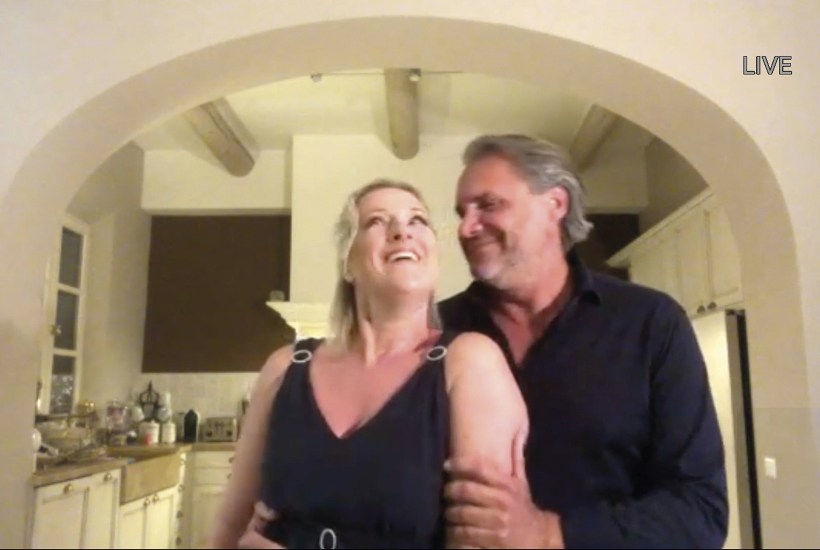
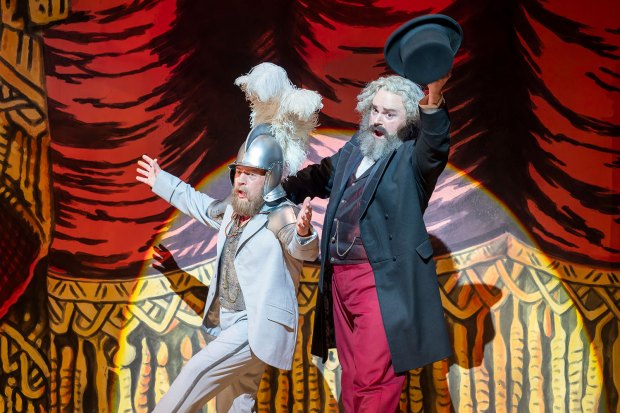
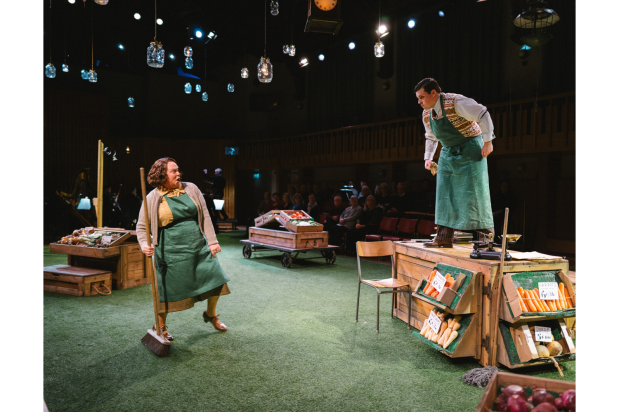

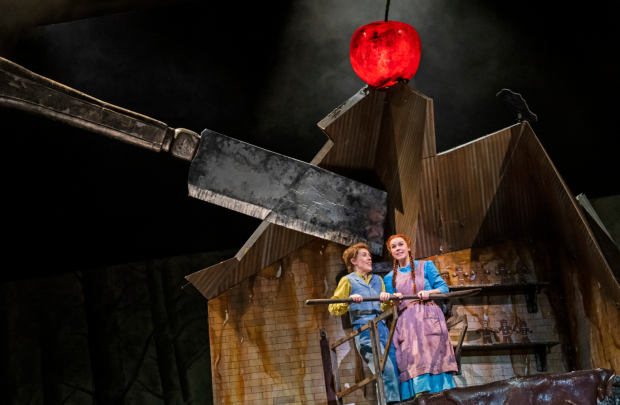
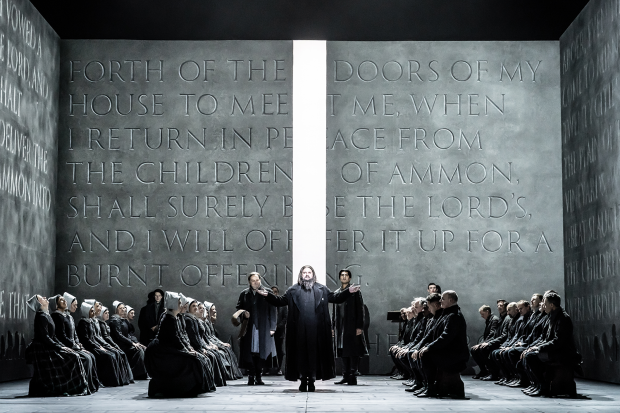
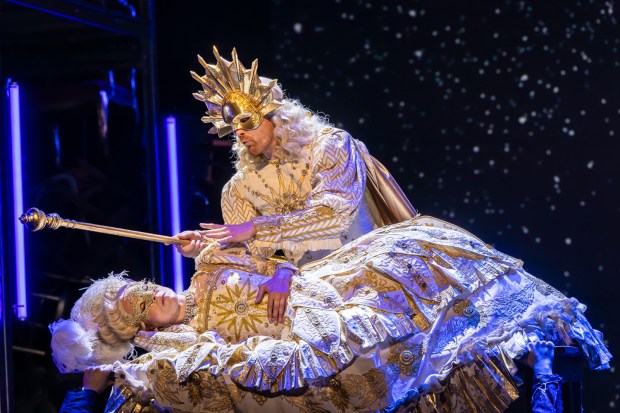






Comments
Don't miss out
Join the conversation with other Spectator Australia readers. Subscribe to leave a comment.
SUBSCRIBEAlready a subscriber? Log in